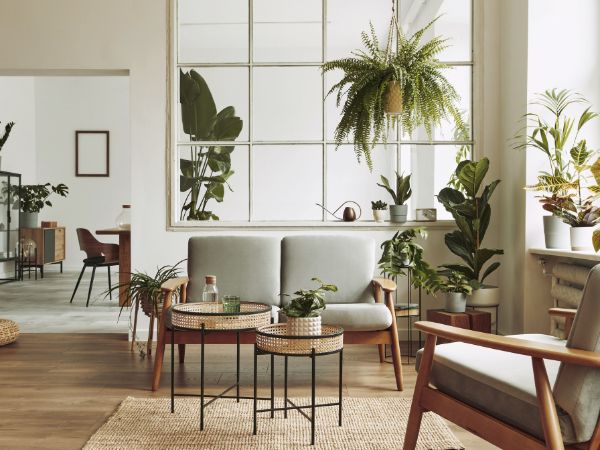Ever walked into a house and felt an immediate connection? Like the space was calling out to you, urging you to make it your own? That’s not just by chance. It’s the magic of home staging, a craft deeply rooted in Home Improvement Ideas the nuances of human psychology. But what exactly is the psychology behind home staging, and why does it play such a pivotal role in the real estate market? Let’s dive in and unravel the mysteries.
The Power of First Impressions
We’ve all heard the saying, “First impressions last a lifetime.” In the world of real estate, this couldn’t be truer. Home staging capitalizes on this very concept.
- Visual Appeal: Humans are visual creatures. A well-staged home creates a lasting visual impact, making it more memorable.
- Emotional Connection: Staging a home can evoke feelings of warmth, comfort, and belonging, making potential buyers more inclined to make an offer.
Why Our Brains Love Staged Homes
Understanding the psychology of home staging means delving into the intricacies of the human mind. Here’s what’s happening upstairs when we walk into a staged home:
The Comfort of Familiarity
Staged homes often incorporate elements that resonate with a wide audience. This familiarity can make a space feel like “home” even if you’ve never set foot in it before.
The Lure of Aspiration
Who hasn’t dreamt of living in a home straight out of a magazine? Staged homes often represent an idealized version of reality, tapping into our aspirational desires.
The Fear of Missing Out (FOMO)
Seeing a home at its best can instill a sense of urgency. Nobody wants to miss out on their dream home, right?
Transitioning Spaces: The Art of Home Staging
Home staging isn’t just about placing furniture. It’s about creating a narrative. Here’s how experts leverage psychology in their setups:
- Color Psychology: Using neutral tones to create a calming environment or bold colors to evoke excitement.
- Spatial Awareness: Ensuring the flow of a room feels natural and inviting.
- Sensory Engagement: Incorporating elements that engage all the senses, from soft rugs underfoot to the gentle scent of fresh flowers.
FAQs: The Psychology of Home Staging
- Why is home staging effective? Home staging taps into our innate desires and emotions, making properties more appealing on both a conscious and subconscious level.
- Does staging guarantee a sale? While staging can significantly increase the chances of a sale, other factors like location and price also play crucial roles.
- How can I tap into the psychology of home staging for my property? Consider hiring a professional stager or researching techniques to create an emotional connection with potential buyers.
Conclusion
The psychology of home staging is a fascinating blend of art and science. By understanding and harnessing the power of human emotions, sellers can create spaces that not only look appealing but feel right. After all, a house is not just a structure; it’s a feeling, a memory, a dream. And with the right staging, it can become someone’s forever home. So, the next time you walk into a beautifully staged property and feel that indescribable pull, remember, there’s a whole lot of psychology at play. Ready to make an offer?





